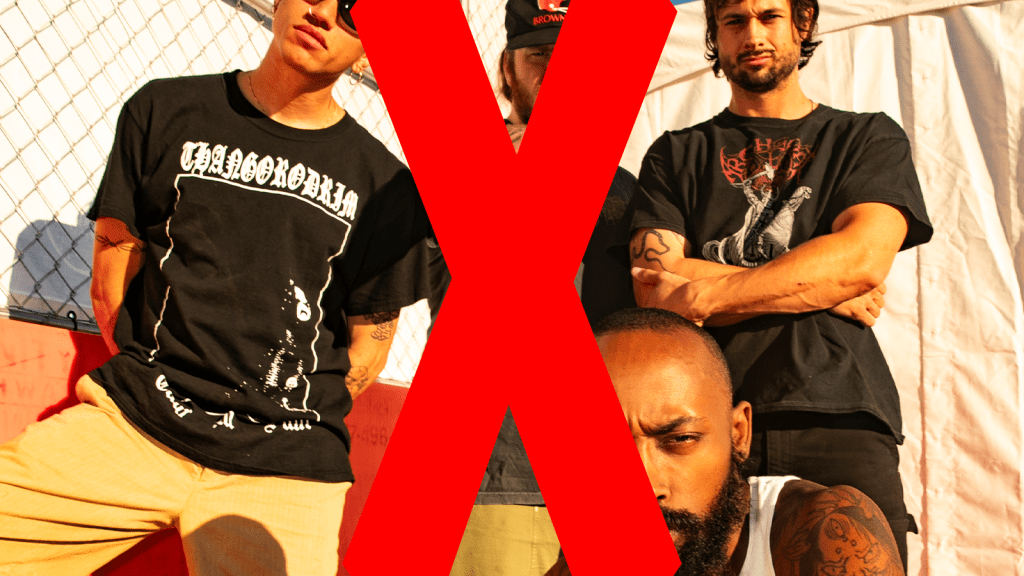Taylor Swift’s ‘All Too Well,’ Kendrick Lamar Short Film Eligible for 2023 Oscars
Short films by both Taylor Swift and Kendrick Lamar have qualified for the Academy Awards’ best live action short category.
According to the Hollywood Reporter, Swift’s All Too Well: A Short Film, written and directed by the singer, gained eligibility because it screened Nov. 2021 at New York’s AMC Lincoln Square; the window for eligibility in the live action short category for the 2023 Oscars runs from Oct. 1, 2021 to Sept. 30, 2022.
Lamar became eligible for the category when he quietly screened a six-minute video for his Mr. Morale and the Big Steppers track “We Cry Together” — a song and visual that featured actress Taylour Paige — at Los Angeles’ Laemmle Royal Theater in June.
THR writes that the We Cry Together, which starred Lamar and Paige, only showed once a day during the weeklong screening, with each showing largely occupied by friends and family of the rapper, though a very limited number of fans were permitted into each showing; cellphones were confiscated prior each screening. It’s unclear when We Cry Together might receive a more public release.
(Although both All Too Well and We Cry Together were deemed eligible, it doesn’t guarantee a nomination in the category.)
Long dominated by seldom-seen film festival fare that clocked in at less than 40 minutes, the short film categories have been uprooted by big stars at recent Academy Awards ceremonies, with the late Kobe Bryant (Best Animated Short for Dear Basketball) and Riz Ahmed (Best Live Action Short for co-directing The Long Goodbye) taking home Oscars for their shorts.
When Swift screened All Too Well: A Short Film this past June at the Tribeca Film Festival, she said of the 10-minute visual, “This is not a music video. We approached everything differently.”
Although Swift performed her original rendition of “All Too Well” at the 2014 Grammys, the extended “Taylor’s Version” of the single has also been deemed eligible for some award consideration at the 2023 Grammys, as the redone rendition is technically a “new recording.”


